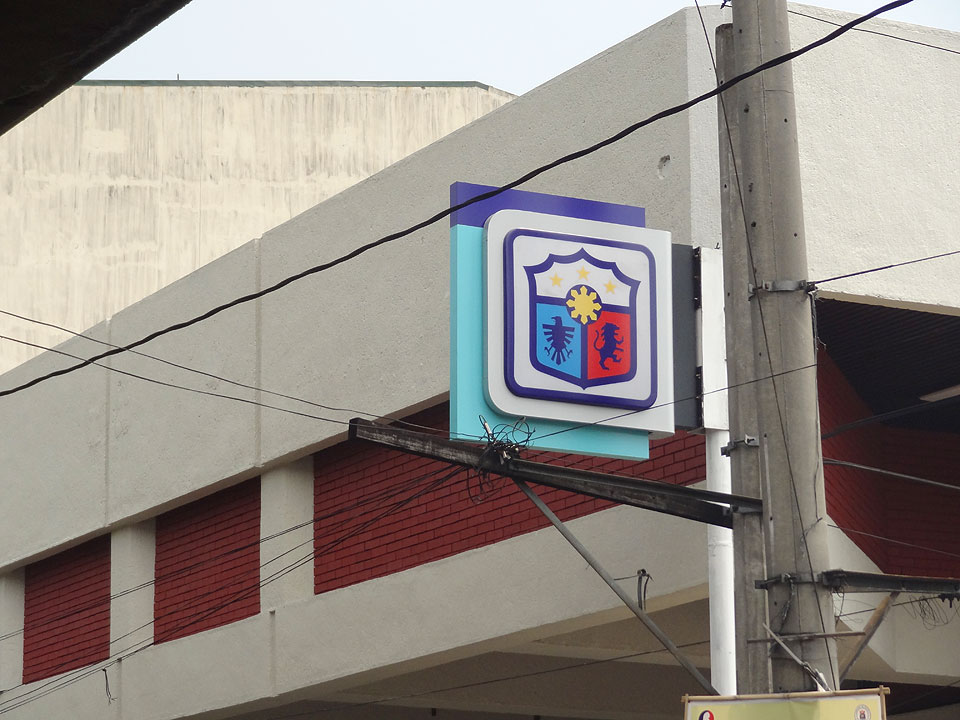
THE SUPREME COURT (SC) ruled as unjust the penalty imposed by Philippine National Bank (PNB) on AIC Construction Corp.’s debt, as it ordered the bank to give a detailed accounting and explanation of the company’s loan obligations.
In its decision promulgated in October 2021, the high court said PNB’s interest penalties charged to the construction company were unjust. It upheld the Court of Appeals’ decision of abiding by the principle of mutuality of contracts.
“Courts may equitably reduce unconscionable interest charges especially if it was determined through subjective and one-sided criteria, thus violating the principle of mutuality of contracts,” it said in the ruling written by SC Associate Justice Marvic M.V.F Leonen.
“Monetary interest is always agreed upon by the parties and they are free to stipulate on the rates that will apply to their loans,” the High Court said citing the principle.
In 1988, the construction company opened an account with the lender and was granted an omnibus credit line of P10 million.
Over the years, the credit line gradually increased until it amounted to P65 million in 1998, with P40 million as the principal amount, and P25 million as interest set by PNB.
AIC Construction negotiated to restructure the loan by offering to pay in full through the exchange of its properties in Pampanga, but this alternative could not be agreed on.
PNB set its final demand to the company in the full payment of P140,836,511.29 in 2001. The mortgaged properties of the company were forced to close the following year.
AIC construction then filed a complaint against the lender for the annulment of interest and penalty increases.
“It (AIC Construction) alleged that Philippine National Bank acted in bad faith by delaying the acceptance of their proposals, and its capricious and arbitrary policies prevented them from paying their loan obligations,” the decision read.
A trial court previously dismissed the company’s complaint citing the plaintiffs could not prove the interest increases were unconscionable or unreasonable.
PNB argued that AIC Construction had no right to compel the bank to accept the alternative mode of payment and that the company voluntarily entered the loan agreement with knowledge of interest charges.
The SC ruling came after a petition filed by PNB to review if the Court of Appeals made an error in its conclusion of the interest penalties being unconscionable or unreasonable. — John Victor D. Ordoñez



